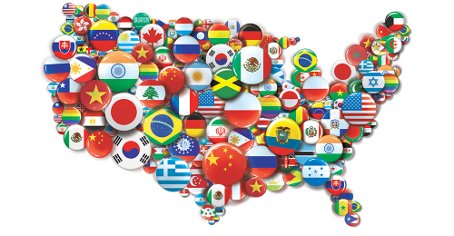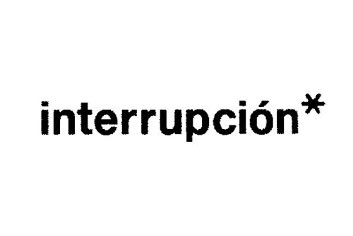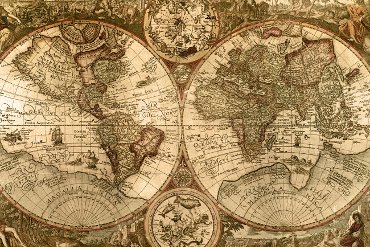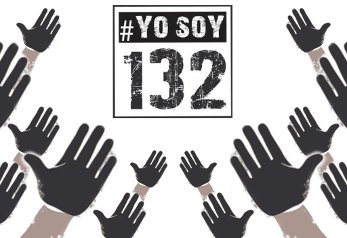
Hong Kong, Chile, Catalonia, Syria, Haiti, South Africa, London, Ecuador, France, Iraq, Lebanon, Bolivia,Russia, Istanbul, Yemen, New York City, and a long list of cities, territories, and countries where, during the last few weeks and months, we have seen hundreds of thousands, even millions, marching on the streets and protesting on public squares. Innumerable voices giving voice to voiceless causes. People righteously claiming their say on the current state of affairs in their respective places of origin but also in the world. Climate change, poverty, access to education and health services, women’s rights, extremism and terrorism, freedom of speech, fake news, graft, political parties, migration, militarism, LGBT+ discrimination, religious liberty, ideology, indigenous peoples.
People are tired of a world that has not been up to the many challenges we face as humanity, and they are eager to bring about change. People, undoubtedly, are at the forefront of the new socio-political paradigm that will shape up the rest of this century. A paradigm that’s under construction and difficult to describe at this point. A paradigm that, ideally, should reflect the diversity of voices that we have heard in later days, rather than just a few. A paradigm that should provide answers and build bridges, rather than raise questions and erect walls.
Thirty years after the fall of the Berlin Wall and of the end of the Cold War, the multipolar world we inherited has turned into an unbearably polarized scenario in which urgent issues remain unresolved and face continuous scrutiny amongst overopinionated social media platforms, with little chance of finding permanent solutions. A world in which space for debate is polluted with biased and fallacious arguments in an apparently never-ending war in which you are either ‘with me or against me’. It’s the extremes, either right or left, that have gained relevance, voiding the centre of answers to pressing questions, and creating what seems to be an endless vicious circle. A circle in which it has become almost unavoidable to hear just one side of the story, the side that fits me better, the one that suits me;and dismiss all the others as irrelevant, inexistent or, in the worst case scenario, a threat to my own survival.
This constant polarization has taken main stage and infiltrated political establishments across the Globe, giving way to confrontational ideologies long forgotten and previously proved insidious. One that is particularly worrisome, because of its dangerous appeal, is nationalism. Which in its most recent incarnation could be labelled as ‘nationalist isolationism’.
In politics, it has been embraced in recent years by both the Left and the Right, by countries with well-established democracies and by those with weaker institutional and democratic histories. By big and populous nations and by tiny and low population density nations. Everywhere, its tenets have seemed attractive because they speak to the guts rather than the minds or the hearts of people. ‘Nationalist isolationism’ dismisses diversity and plurality, labelling them as threats to society; it is suspicious of cooperation and dialogue; it fosters confrontation.
‘Nationalist isolationist’ regimes and political leaders have sprung everywhere in recent times because they look for scapegoats rather than taking responsibility for creating better societies and nations. These scapegoats are women, foreigners, migrants, asylum seekers, political opponents, gays or lesbians, climate activists, business leaders, journalists, those practising a different religion or bearing a different skin colour. Those who dare to dissent.
‘Nationalist isolationism’ has been gaining momentum, nourishing on our worst fears, providing short and biased answers to long-term abstract problems, annihilating the idea that other ways, means or forms of doing things and searching for answers are possible. It aims at being the new paradigm, a paradigm we should not allow to become the only one. Now is the moment to break free from its menaces, to help build a new socio-political paradigm we so desperately need, and to put an end to one-sidedness.It’s only in our differences that we will rediscover our strength, as societies, as nations and as human beings.
Diego Gómez Pickering Diplomat is writer and journalist. His latest book is “Diario de Londres” (Taurus, 2019).










